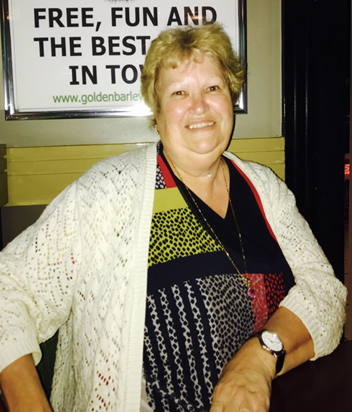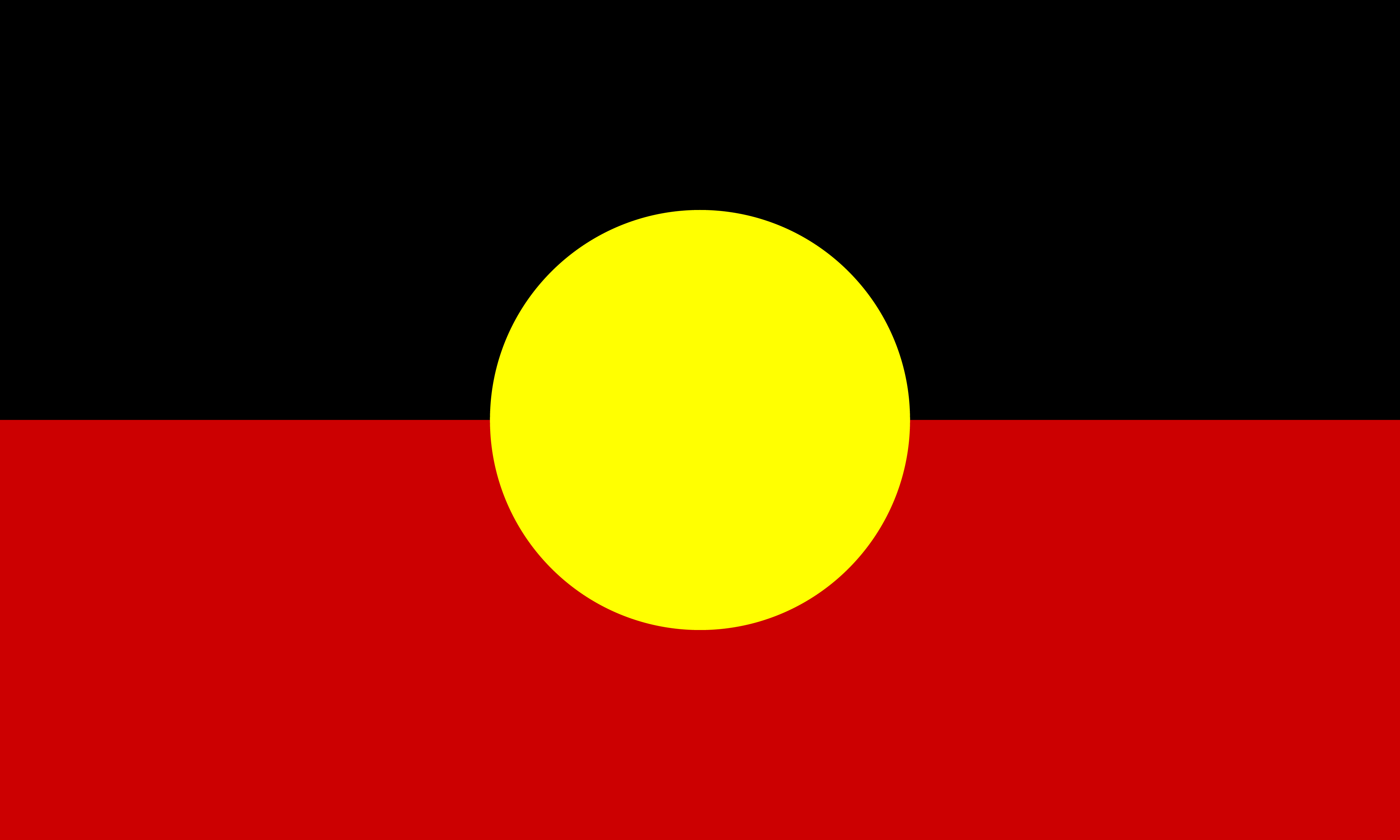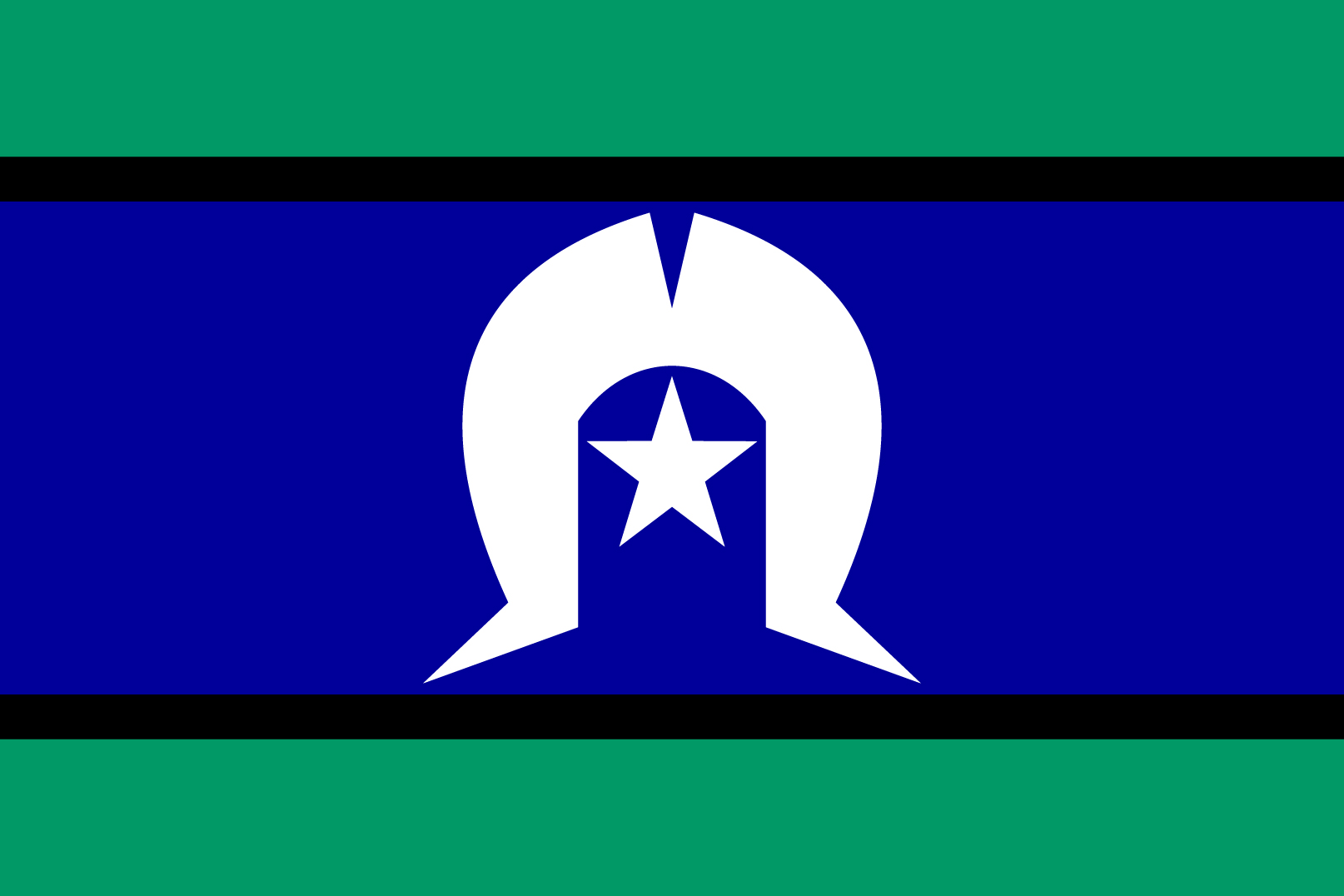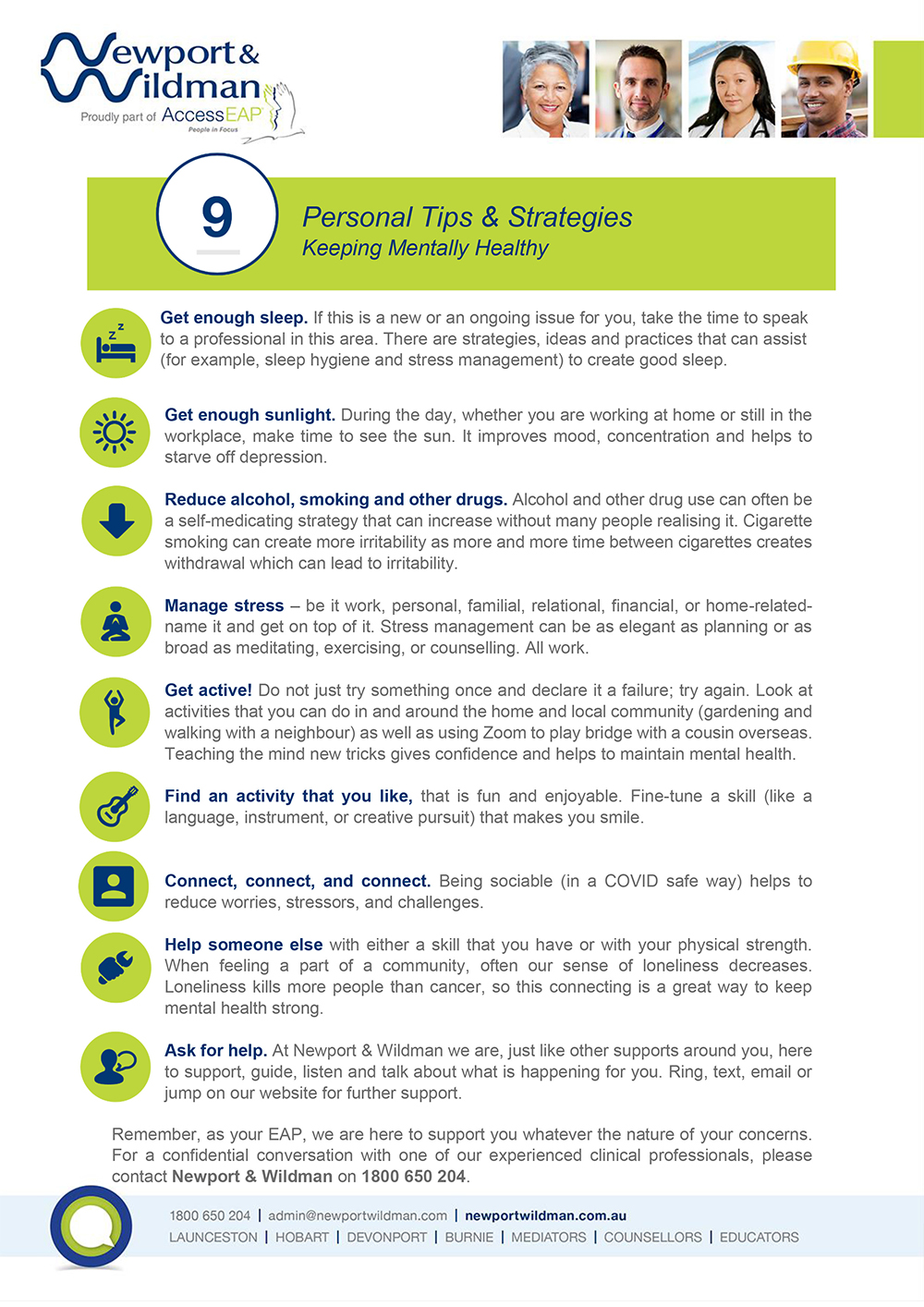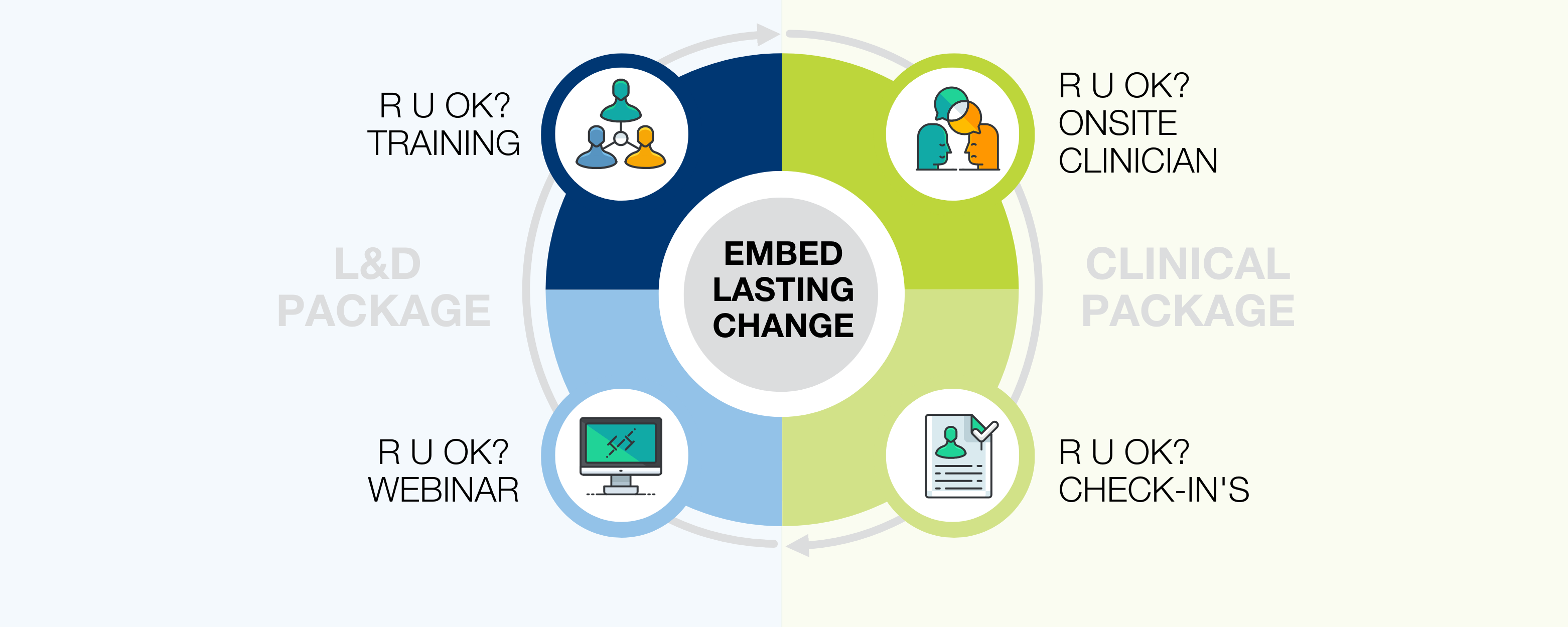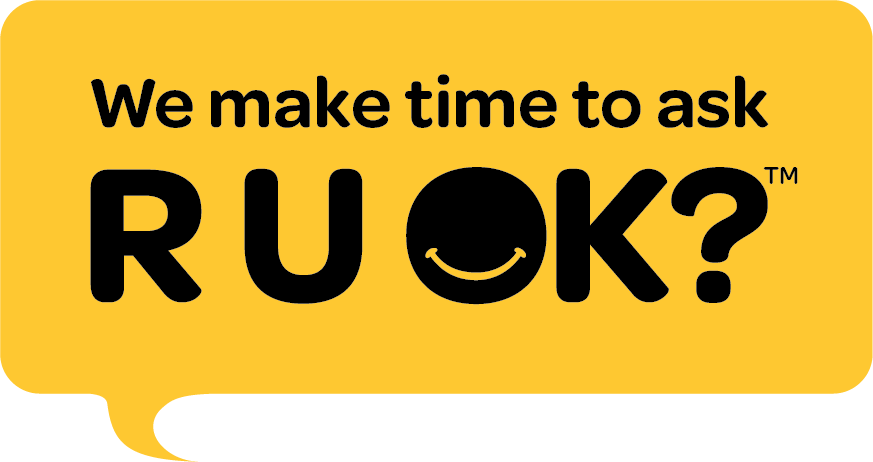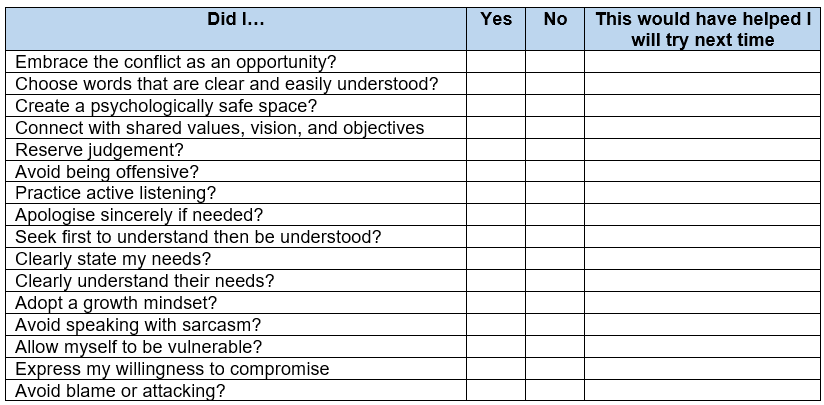We’ve all done it. It seemed like the right thing to say or do at the time – maybe we thought it would sound witty or be deeply appreciated. Or maybe it was a knee-jerk reaction. Whatever the circumstance, we have all experienced those moments when the outcome is so very different to what we imagined, and then when we ask ourselves “Why did I just do that?” we don’t have an answer… and we then criticise ourselves for acting in the way we did.
A lot of those moments come down to not paying thoughtful attention to our and others’ emotions. Emotional Intelligence is “The ability to monitor your own and others’ feelings, to discriminate among them, and to use this information to guide your thinking and actions” (Salovey & Mayer, 1990).
Let’s unpack that.
First, it’s the ability to be aware that you or someone else is feeling something. We are always feeling something. Even feeling neutral about something is feeling something. So it’s the ability to recognise that feelings are always with us and to pay attention to this.
Second, it’s the ability to discriminate what you or someone else is feeling. You notice you are feeling something, and then you pause and ask yourself – what is that? Aim to put a label to it. Is that tightening in your stomach anger, anxiety or excitement? When we practice, we can get quite good at assigning labels to emotions. We might be able to label an emotion as ‘embarrassed anger’ or ‘nervous anxiety’ or ‘fearful excitement.’ Getting more fine-grained in identifying how we and others might be feeling helps us with the next step.
Third, we treat emotional information as data. In other words, we use our emotions and our perception of others’ emotions to inform us about what is going on, and then use that information to help guide what we say or do next. Emotions evolved as ways to let us know what is important to us and what actions to take. But not including our emotional data from a thoughtful approach as to what is the next step can lead to us regretting that next step. Feeling angry and simply shouting at someone, or feeling nervous and running from the room are not actions that are going to lead to you being valued in the workplace. So Emotional Intelligence is making thoughtful use of our emotions and our perception of others’ emotions to inform what we do next and how we treat others.
For more information see our tip sheet Building Emotional Intelligence on the AccessMyEAP App. Human emotions have evolved over millions of years to help us make good decisions. Ignoring them just doesn’t make sense.
To arrange an appointment, please call Newport & WIldman on 1800 650 204.
Stephen Malloch, Senior Clinician


